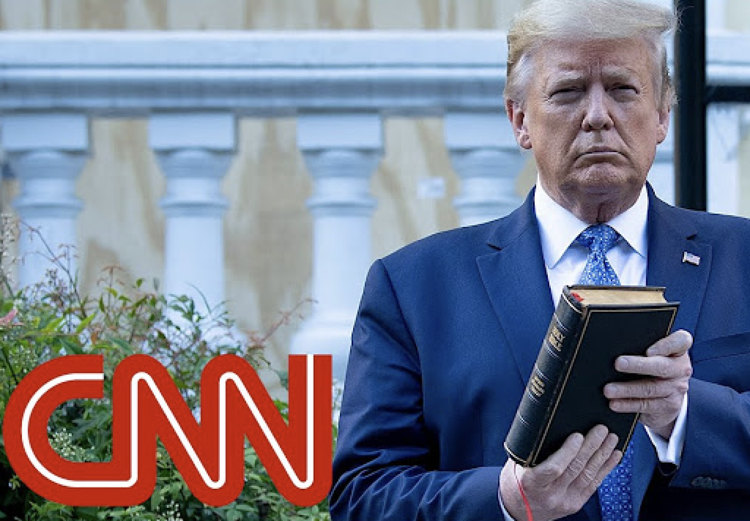For the experts who examine trends in pews, the post-pandemic tea leaves have been hard to read – with a few people going to church more often, others staying away and some still watching services online.
But it's important for pastors to note another sobering fact, according to one of America's most experienced observers of Protestant life. Here it is: The typical church has to keep adding members simply to keep membership steady. And it's becoming increasingly important to maintain a growing core of believers who are truly committed to faith and ministry.
"We used to have people we called 'social' Christians, even though that's an oxymoron," said Thom Rainer, founder of the Church Answers website and former dean of the Billy Graham School of Missions and Evangelism at Southern Baptist Seminary in Louisville, Kentucky.
"Today, these people feel that they no longer need that 'Christian' label to be accepted in business and community life," he said, reached by telephone. "COVID sped things up – made trends more obvious. But the pandemic was the accelerator, not the cause of what's happening."
Surveys since 2020 show that a "steady share of Americans – about 40% – say they have participated in religious services in the prior month one way or the other," according to a Pew Research Center report. But other details are blurry, since the "share of U.S. adults who … attend religious services once a month or more has dropped slightly, from 33% in 2019 to 30% in 2022."
Meanwhile, Pew reported that 7% claim they are attending services in person more often, post-COVID, while "15% say they are participating in services VIRTUALLY more often."
It's important to factor new realities into patterns seen for decades, noted Rainer. For example, in a recent online essay he argued that, if a typical Protestant church has an average worship attendance of 100, it needs to add about 32 attendees a year just to stay even.
Here's the math.






